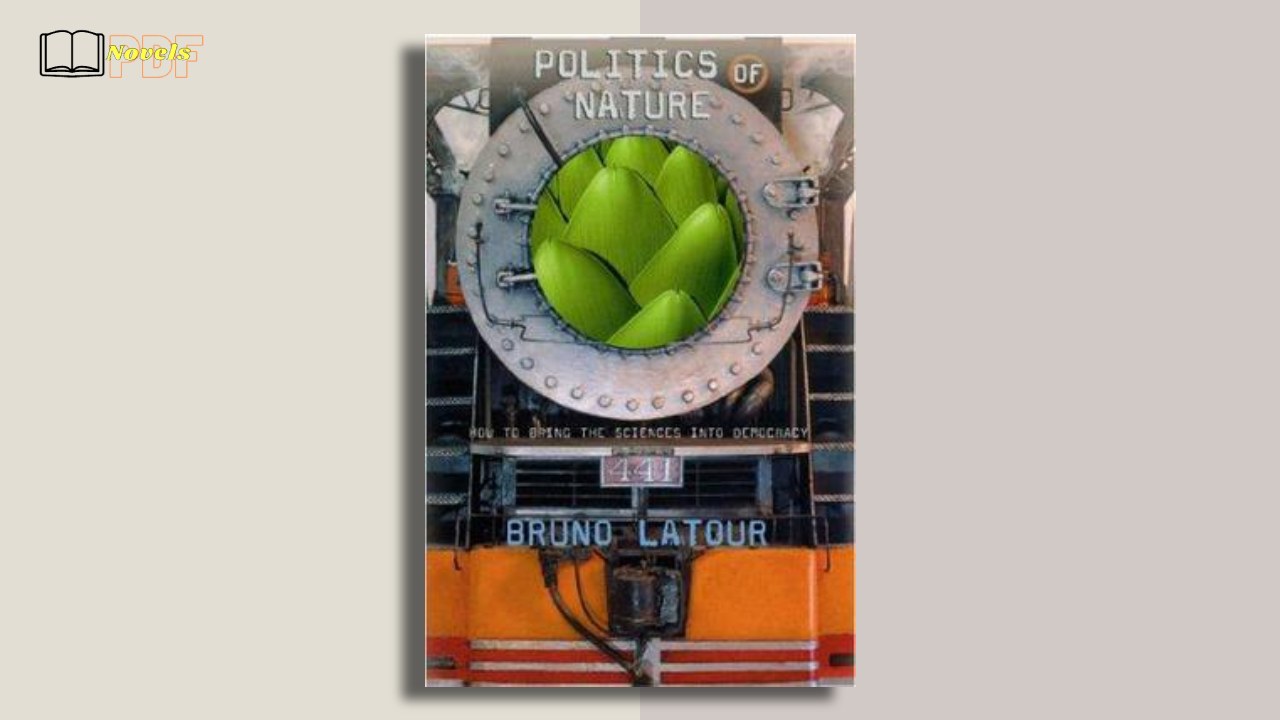The inquiry into the politics of nature often sparks hope for a rejuvenation of public life, yet this optimism has frequently been met with disappointment, evident in the stagnation of many “green” movements. Those who yearn for progress in this realm have grappled with the question: What is to be done? However, perhaps the more pertinent question is: What is already being done in political ecology? Despite the frustrations and setbacks, the essence of political ecology persists as a beacon for change, challenging individuals and societies to engage with environmental issues in new and meaningful ways.
Politics Of Nature By Bruno Latour PDF
Chapter 1 of Bruno Latour’s “Politics of Nature” dismantles the foundations of modern ecologism, arguing that it ultimately fails to engage with the concept of nature itself. Latour contends that political ecology, the focus of his inquiry, cannot simply seek to “conserve nature” because this dichotomy separates objective reality from subjective values. He critiques the traditional bicameralism that pits nature against society, and scientists against politicians, advocating for a paradigm shift.
In Chapter 2, Latour grapples with the challenge of reconciling the previously opposed realms of nature and society. He suggests that politics, in its pursuit of constructing a common world, must bring together a collective that encompasses both human and non-human actors. Central to this endeavor is the concept of “sharing capacities,” which involves recognizing and valuing the various abilities of different entities to contribute to the collective discourse.
Chapter 3 introduces the notion of a new separation of powers within this collective framework. Latour outlines four key requirements, which are paired off into two distinct powers: the power to take into account and the power of ordering. The former includes the need for perplexity and consultation, emphasizing the importance of openness to diverse perspectives and thorough deliberation.
Meanwhile, the power of ordering encompasses the requirements of hierarchy and institution, highlighting the necessity of structuring and organizing the collective’s actions and decisions. These new powers are envisioned to shape the dynamics of the collective, facilitating its ability to navigate complex political and ecological challenges.
| Name | Politics Of Nature By Bruno Latour PDF |
| writer | Bruno Latour |
| Pages |
320
|
| Download Status | Available for download |
| File Size | 995Kb |
Click the download button to get pdf
To obtain your PDF file, simply click the Save button. This action will initiate the downloading process, allowing you to access the story conveniently in a PDF file. This user-friendly option provides a seamless experience, enabling readers to enjoy the book in a portable and easily shareable format.
Read online
Read “Politics Of Nature By Bruno Latour PDF” online: Dive into the world of limitless stories with our online novel reading platform. Immerse yourself in gripping narratives, vivid characters, and compelling plots, all at the click of a button. Click the button below to Read “Politics Of Nature By Bruno Latour PDF” online.
Wait few minutes for the PDF to load completely




